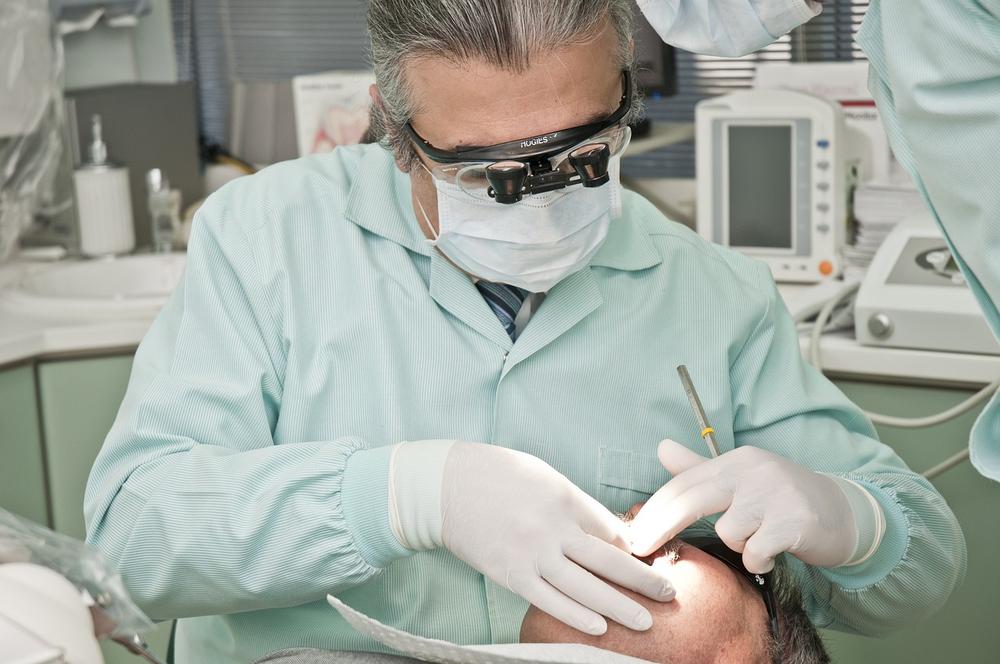Vital GCSE Requirements for Medicine

The admission process into medicine is very competitive in the UK, and often, GCSE grades give that extra edge for admission. In contrast, European entry requirements can be much more liberal, and GCSE grades for medicine may be all that future doctors need to start their education.
One thing is common for both paths - the General Certificate for Secondary Education plays an important role in admissions offices. Aspiring doctors should carefully consider their GCSE subjects, grades, and university requirements.
Table of Contents
What GCSE Subjects Are Needed for Medicine?
There is a general agreement for UK universities that the best GCSE subjects for medicine are English, Science, and Mathematics. Medical schools usually require these subjects to enter medical programmes, and there is objective reasoning behind their selection.
English is a universal indicator of communication skills, which are instrumental in the medical profession. They help with information gathering, diagnosis, counselling, and rapport. English is also vital when studying at university. Well, some Latin and Greek could come in “handy” as well.
Furthermore, mathematics is essential for developing problem-solving skills, and doctors do this daily.
Last but not least, sciences prepare students for their medical education. A solid understanding of biology and chemistry is the profession's foundation.
Want to check your chances of getting into medicine with your current GCSE grades? Book a free call with our academic advisors:
Check your email to Book a FREE call
with an expert advisor
Look at your promotions/spam folders, just in case.
Do GCSE Grades Matter for Medicine?
The entry requirements for medicine in England include GCSE, A-levels, exam scores, and character evaluations. Therefore, GCSE scores could be the extra edge that makes the difference between admission and a gap year.
Universities hold various minimum GCSE grade requirements for medicine. The most competitive UK schools require 8s and 9s in English, Sciences and Math. Other universities will have minimum entry requirements of 6, but admitted students usually score in the 7-9 range due to the high number of applicants.
Therefore, ambitious students should aim for average grades between 7 and 9 in their GCSEs. These scores would maximise their chances of gaining entry into a medical university in the UK and Europe.
Worried about your GCSEs holding you back? Our expert advisors can guide you through alternative routes into Medicine if book a free consultation today.
Can Students Get into Medicine with Bad GCSE Grades?
Entry requirements for UK medical universities are very competitive, and their minimum GCSE grades for medicine are usually a dealbreaker for admission offices. Even excellent exam scores and A-levels might not be enough to compensate. However, students can still gain entry into a medical school.
The competition for European medical universities is not as severe as in the United Kingdom. Indeed, some schools have more relaxed entry requirements and low GCSE grades could be compensated by decent A-levels, for example.
There are several alternatives to studying abroad, such as:
- Retaking the GCSE exams
- Reapplying at the university
- Getting into graduate entry medicine after earning a Bachelor's degree
However, all these options involve at least one more year before enrollment in a medical university.
How to Get into Medicine with Low GCSE Grades?
Several medical universities in Europe have lower minimum GCSE grades for medicine. These schools have excellent medical programmes with worldwide recognition of the degree. In addition, tuition fees and living costs are much lower than those in the United Kingdom.
Trakia Medical University and the Medical University in Sofia require a minimum score of 6 on the GCSE. These universities are located in Bulgaria, and thousands of UK students have received medical education there.
The European University in Tbilisi doesn’t require a minimum grade for the GCSE exams. This school is the best in Georgia, and it offers 4 intakes during the year: in March, May, October, and December.
Reserve Your Spot for Our Webinar
Medical school options for students with lower grades
Summary of GCSE Requirements for Medicine
In short, UK medical universities require a minimum GCSE score of 6 in Math, Sciences, and English. However, applicants usually score between 7 and 9 to gain admission due to high competition. Even a grade of 7 could be insufficient without a good UCAT score or high A-levels.
In contrast, some European medical universities have less competitive GCSE requirements for medicine. These universities rely on their own admission methods, still achieving impressive educational results.
If you are interested in exploring your options in Europe, schedule a free WhatsApp consultation with an expert student advisor.
Why This Matters
Getting into Medicine is already extremely competitive. Every year, more than 65% of applicants are rejected from UK medical schools. That means only the top third make it through. With odds like these, your GCSE grades for medicine can be the deciding factor between an acceptance letter and a rejection.
The good news? You don’t have to leave it to chance. Book a free consultation with Medlink Students today, and we’ll guide you step-by-step to make sure your application stands out and puts you on the right track to your dream career in medicine.
FAQ
Do GCSE Grades Matter For Medicine?
Yes. GCSEs are an important part of medicine applications and often act as the extra edge that decides whether you get an offer to medical school when competition is tight.
Which GCSE Subjects Do Medical Schools Require?
Most UK medical schools require GCSEs in English, Maths, and Sciences. Other subjects aren't as important, but good grades will make your application stronger.
What Are Good GCSE Grades For Medicine?
Applicants should target mostly 7-9s, with the most competitive schools often seeking 8-9s in English, Maths and the sciences; some universities list 6 as a minimum, but admitted students usually score higher.
Can I Get Into Medicine With Low GCSE Grades?
Yes, but it's more difficult. If you have lower GCSEs, your options in the UK may be limited. However, you can still apply to study medicine abroad, especially in Europe and the Caribbean, since many have flexible GCSE requirements.
Leave a Reply

About Medlink Students
Leading international recruitment company for medical students in Europe. British Council Certified Agents. 10+ years of experience and more than 10,000 students advised.








